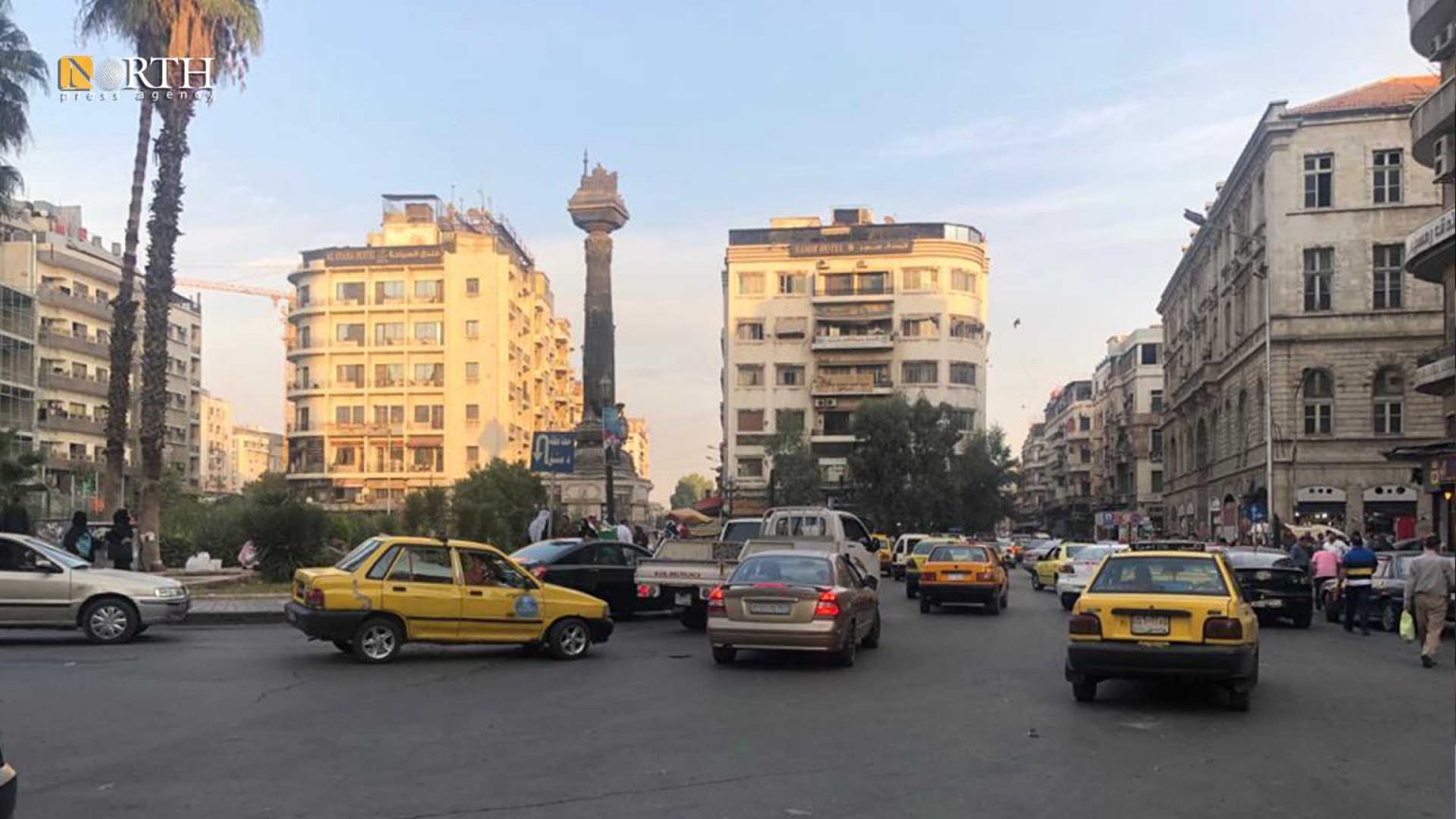DAMASCUS, Syria (North Press) – Women in Damascus, the capital of Syria, believe that relief and feminist organizations do not keep pace with the needs of job seekers or who need support for their small projects to secure an income to help them face life difficulties.
Over the past years, Damascus has witnessed an increase in the number of women seeking to work in order to secure material profits that meet their needs.
After ten years of war in Syria, the need for support of women who have experienced violence and discrimination, in addition to those who have lost their husbands and children, had become evident.
Years before the Syrian war, government organizations claimed to support women, and some have stopped working while others are still working within their “narrow and ineffective” scope, according to women affiliated with them.
After 2016, the number of government organizations which work to support women have increased, but there are no accurate statistics because they are working secretly as they receive support from foreign countries.
IDPs
Taghrid Hamd (a pseudonym), an IDP from Yarmouk Camp living in Jaramana, is still communicating with organizations to support her small project.
So far, she has not succeeded in obtaining supplies for a small preschool which she worked to open after her displacement.
Hamd can only blame herself now, as she says that “maybe there are specific steps I had to take to gain support, or because I do not have access to people experienced with the organizations’ works to help me.”
She referred to some women close to her who received support for their projects from organizations working to empower women economically.
The number of Syrians who lack access to sufficient food has reached a record 12.4 million, or nearly 60 percent of the population, the World Food Programme (WFP) reported in February.
Difficulties and obstacles
Some working with NGOs say their work requires training workshops for women in order to master a certain profession.
Nibal Salman (a pseudonym), an employee at a local organization supporting women economically, said that many obstacles hinder the work of organizations and their access to the people in Damasucs.
“The most prominent of these obstacles is the difficulty in obtaining business licenses, and the organizations cannot reach a large number of targeted women and know all their problems and needs,” she told North Press.
There are predetermined programs according to which practical exercises are conducted, “and it is difficult to deviate from or bypass them,” she pointed out.
With the inability of unlicensed organizations to bear the burdens of finding solutions for women affected by war due to the oversight imposed on them, an organization may appear and disappear within months, according to activists in Damascus.
Repeated training
These organizations hold big titles like “a feminist organization concerned with women rights,” but the actual role is absent, and you may find more than one organization working on the same program, according to activists.
Women who communicate with such organizations say they are bored with the repeated training workshops they receive about the discrimination, violence, and injustice against women.
Marah al-Ahmed (a pseudonym), a civil activist, said the most prominent problems that face the organizations is coordination: “Despite the presence of a number of them, they still lose connections among themselves and work on different programs.”
“Sometimes the same women receive the same training, while the theoretical awareness part receives focus more than the practical one, as the latter needs more financial support,” she added.
Al-Ahmed referred to the lack of specialized or academic trainers, “as most of the time reliance is placed on a trainee who has undergone previous trainings.”
Others accuse those in charge of the work of these organizations of favoritism and personal relationships which govern the approval of granting support or work opportunities with them.
In addition to the economic empowerment and awareness-raising workshops, organizations concerned with the psychological aspect deal with healing the effects of war and domestic violence.
However, the number of centers sheltering abused women is very few in Damascus, as there are only two centers in Kashkoul and Tabala and one in Bab Tuma.
Other regions lack centers which may help abused women.
Ridwan Khalid (a pseudonym), a psychologist who worked for years at a local organization concerned with people psychologically affected by war, said that organizations’ work programs and funding often necessitates interruption of the treatment in the middle of it.
“If there was medical treatment and it stops too, such treatment is useless or may increase the problem,” he added.
He attributes the problem to “the lack of ongoing program for any organization.”

